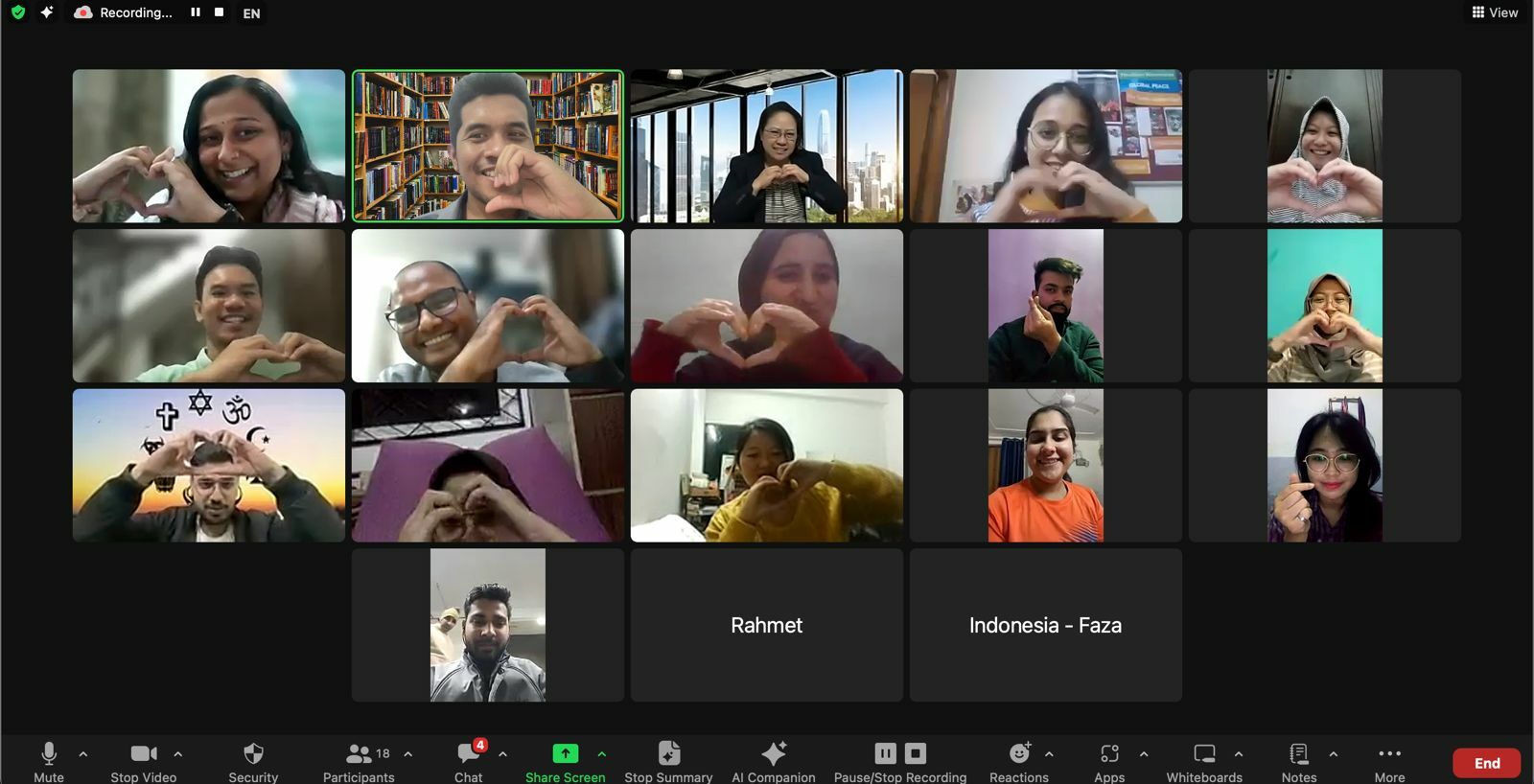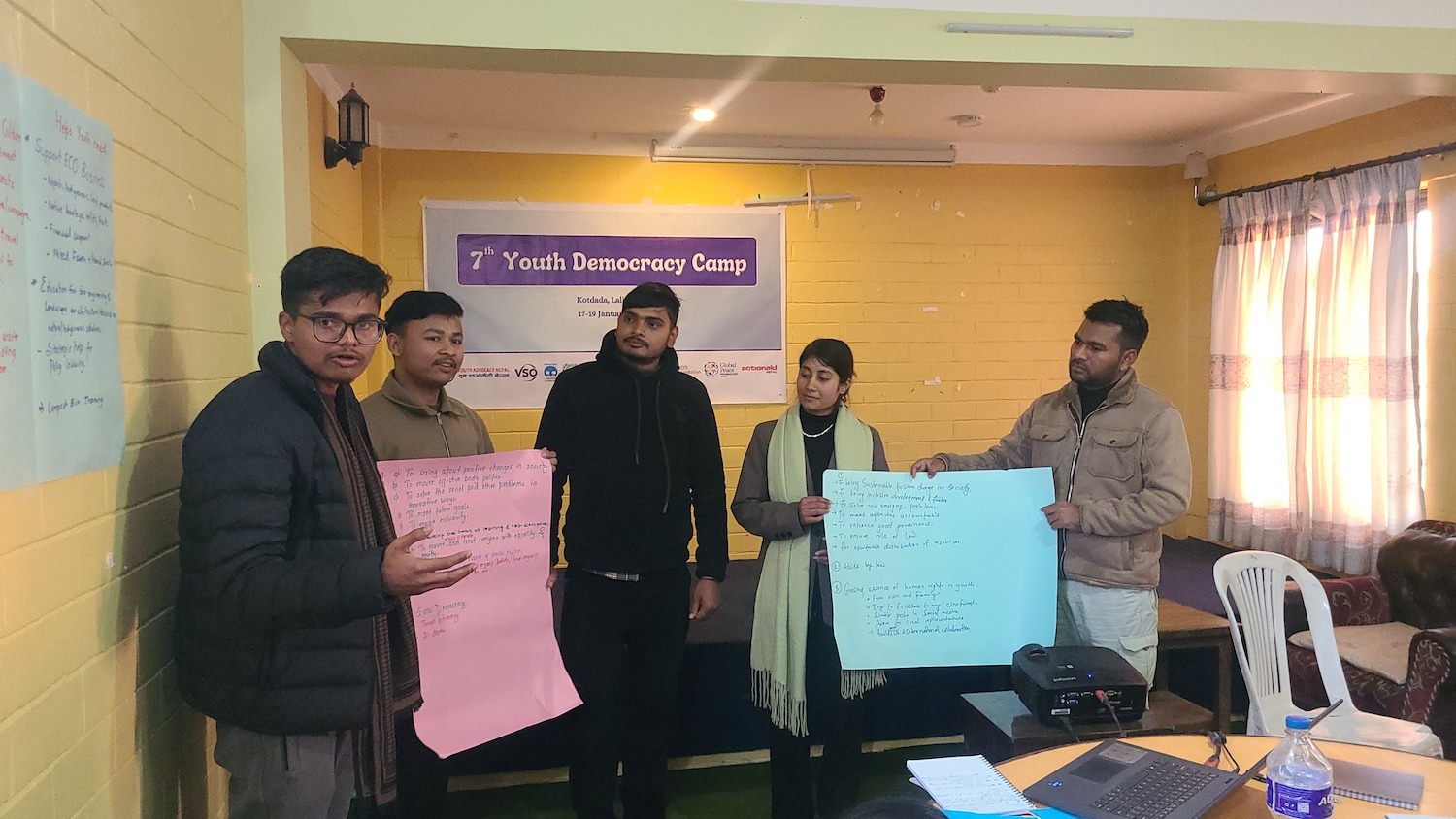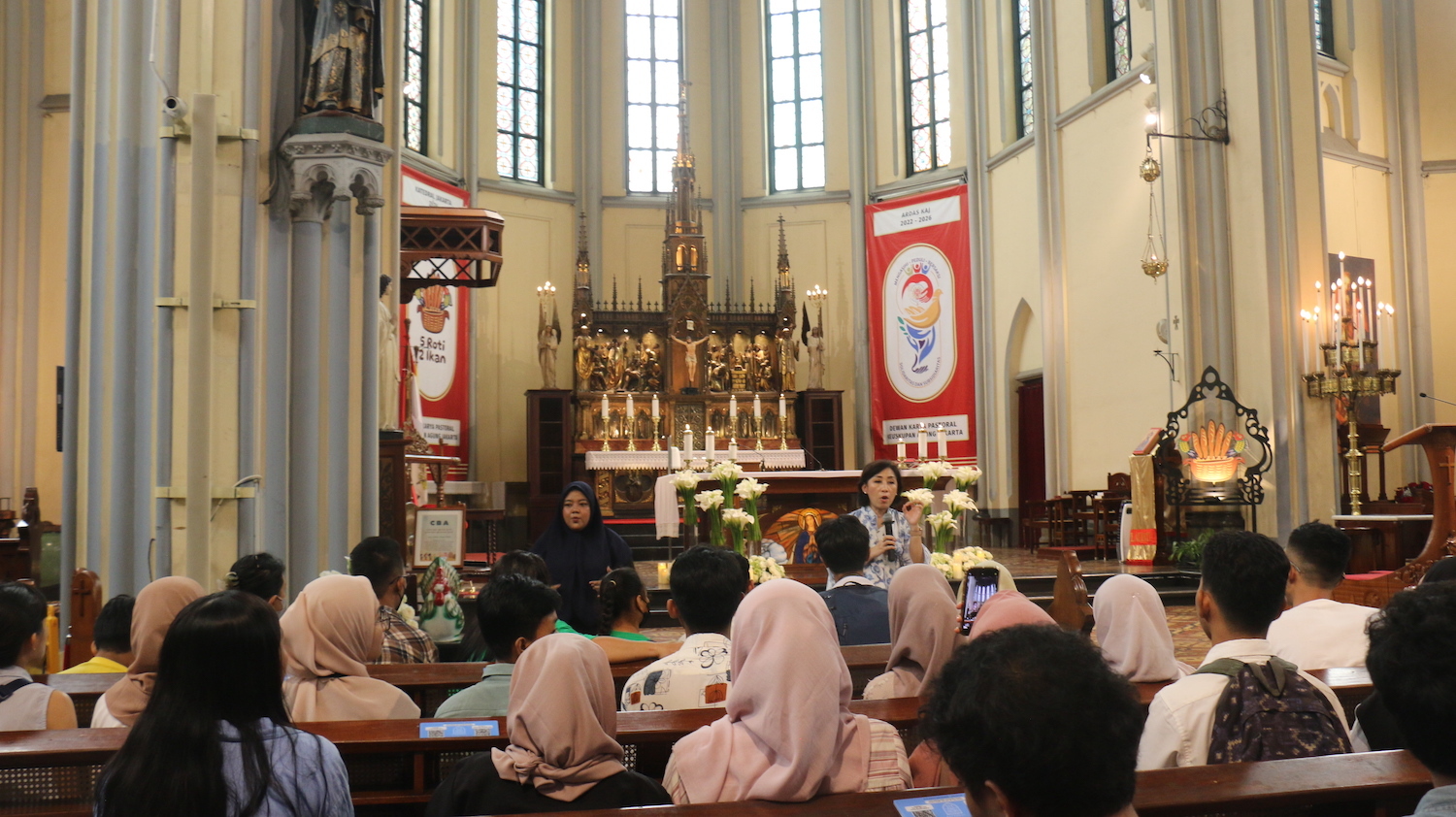A couple of weeks ago on the Lunar New Year, I found myself making dumplings and egg rolls upon the request of some coworkers. It reminded me of a recent Global Peace Youth project in South Korea, where participants also gathered to make dumplings while learning about their family north of the 38th parallel.
GPYC Korea just opened the “ZAL” center as a social space to address relevant issues that Korean youth face. The center name is a play on the Korean word ‘chal,’ meaning ‘good’ or ‘better.’
One of the issues that they’ve picked up is how to get South Korean youth to take an active interest in the Korean Reunification journey by creating a common base and emotional connection.
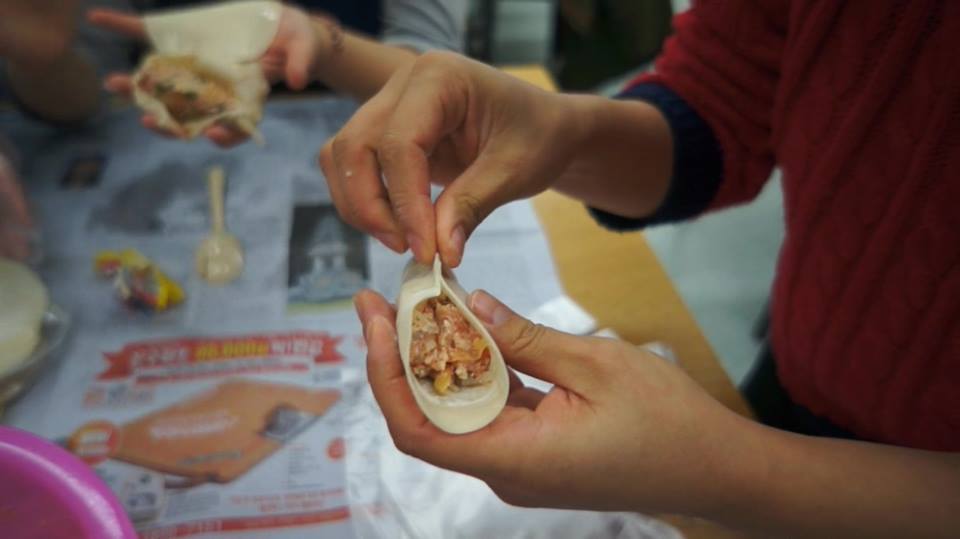
GPYC Korea’s project “ZAL” gathered to make dumplings to learn about their family in North Korea.
Rather than simply introducing them to the issues at hand, including the policy and history, the ZAL Center programs are creating a space where the South Korean youth can learn the personal stories and the common culture that they share with their Northern cousins. The rough translation of the project, “mandu ja” is ‘going to create’ or ‘going to make,’ using the words ‘mandu’ or Korean dumpling, a homophone for the Korean word for ‘make’ or ‘create.’
From Japan’s gyoza to Korea’s mandu, Polish pierogis to Italian ravioli, and Indian or South African samosas, dumplings span the world as they are the perfect package of love and culture. The filling tells a story of the place from which they originate and their production is often a labor of love, bringing families and communities together.
The recent mandu making project in South Korea was a clever way to connect the youth through the ever important means of food. From kindergarten treats to college organizations, food always seems to be the best way to attract the attention of young people. In true fashion, the youth were glad to participate. They followed an authentic North Korean recipe and discovered a part of the Northern story. The mandu acted as a sort of portal into the world of their distant family, bringing together two parts of the Korean family through their production. A side from making and enjoying the mandu, participants engaged in dialogue about the pending future of the Korean Peninsula.
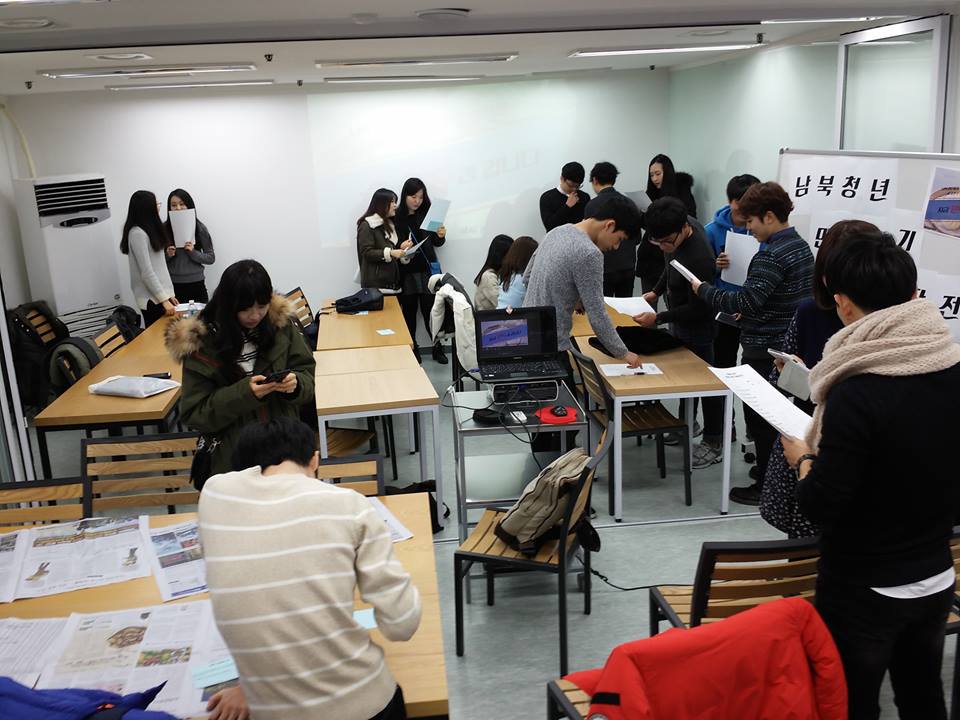
ZAL participants working out ways to engage with their North Korean family.
In the words of Abraham Lincoln, ‘A house divided against itself cannot stand.’ In this way, GPF is working to ignite the fire to reunite the Korean family so the house can once again stand tall. With youth as a key part into the long term success of the North-South reunification process, GPYC and GPF is working tirelessly to create engaging outlets to inspire the youth of South Korea to connect their hearts to the lives and needs of their North Korean family.
No matter how insignificant a dumpling may seem, South Korean youth are starting to discover common ground with North Korea, realizing that they are tied to one another by much more than just a common language and homeland. Initiatives such as the mandu-making project are providing the opportunity for the youth to see the deeper connection that exists and together ‘go to create.’ It’s remarkable and encouraging to see how these small packages of love are bringing together people beyond a simple meal to discover the story of their long lost family.

